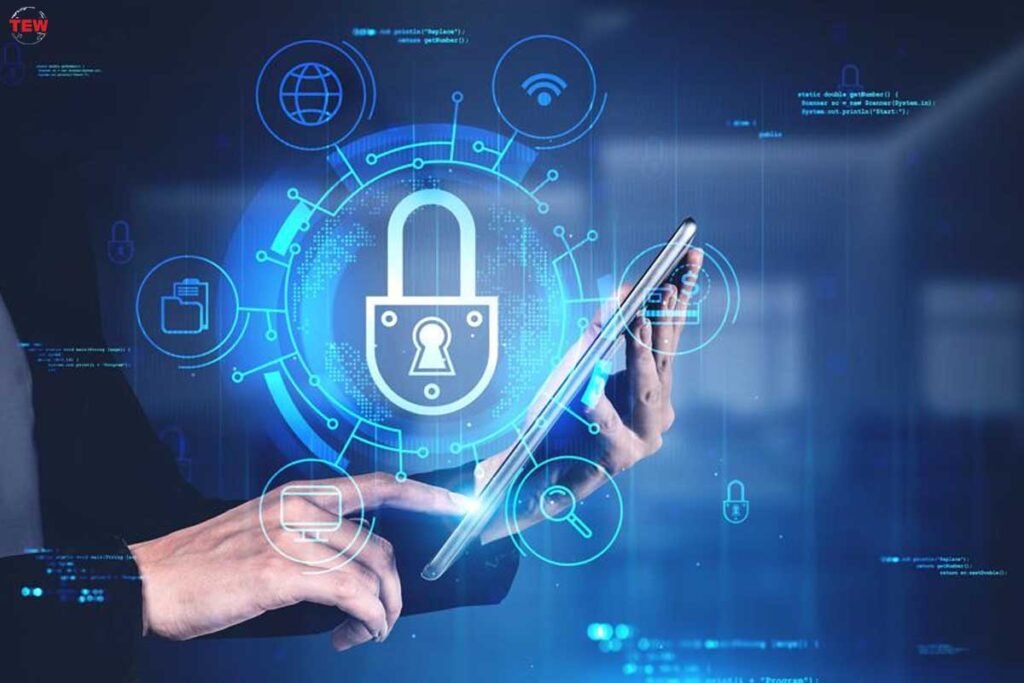The Metaverse is increasingly becoming an interesting innovation for businesses, employees, and consumers. Metaverse is a hypothetical version of the internet that exists as a single, universal, and immersive technology to provide users with a virtual world that is accessible through virtual and augmented reality headsets.
However, many are cautious about embracing the technology, since the cybersecurity threats are still unknown to the public until the Metaverse is released and experienced by global users.
What is Cybersecurity?

Cybersecurity is the deployment of people, policies, technologies, and processes by organizations or individuals to protect their critical information and systems from digital attacks. The widespread adoption of the internet and digital systems has exposed users to unexpected attacks, such as hacks, which can result in the loss of identity, money, and sensitive information. Consequently, cybersecurity in the Metaverse must be prioritized by anyone in the digital sphere in whichever form to ensure they are safe from digital attacks.
What are the Known Risks for the Metaverse?
Like other internet and digital platforms targeting human users, This faces the risk of high cyberbullying and harassment by anyone using the technology.
Mental health issues are also a known concern – users often isolate themselves for a prolonged period while using AR or VR headsets.
Lastly, It exposes users to a loss of identity and a warped perception of reality the longer they are on the platform.
What are Potential Cybersecurity Risks in Metaverse?

The Metaverse is currently exposed to a few significant potential cybersecurity risks with the information currently available about the technology. Below are some notable potential risks facing cybersecurity in the Metaverse:
Unwarranted and Unregulated Collection of User Data
The Metaverse is a new and unknown technology that companies, regulators, and users are yet to fully understand, leading to potential big ethical and legal issues. The technology requires users to create virtual lives on the platform where they can own virtual property, interact with friends, and do business. As a result, technology companies such as Meta can freely collect user data with impunity since there is no viable regulation method.
It also requires users to provide their private data to create a unique and immersive experience whenever they use the platform. As a result, it is increasingly concerning how clueless the public is about what they are expected to divulge whenever they sign up for the platform.
Lack of Government Regulation
Furthermore, there is still no regulatory body dedicated to policing the Metaverse, leaving tech companies to determine how users are protected. Governments are not equipped or knowledgeable on Metaverse, resulting in a lack of consumer protection.
Users should be cautious of how they use the Metaverse and find ways to avoid exposing themselves too much on the platform. Therefore, the issue of regulation should be addressed before users are allowed to use the Metaverse en masse.
Loss of Identity
It is easy for users to have their accounts spoofed by hackers and lose control of them. Metaverse is an immersive virtual world where a person’s identity is central to their character and how they exist in it. As a result, a loss of identity can be detrimental to a user’s ability to use the platform.

Current social media platforms are finding it hard to verify user identity and protect existing accounts from hacking. Therefore, it should be worrying about potential Metaverse users that there is still no way of protecting their accounts and identity.
User-to-User Communication
Metaverse is hopeful of creating a user-friendly interface where people from around the globe can freely interact, communicate, and even do business. However, it is vital that user-to-user communication is authentic, respectful, and remains uninterrupted. Consequently, bad actors can target disrupting user-to-user communication to cause bad damage to the platform.
Metaverse users can have their Metaverse experience constantly disrupted by bad actors who evoke negative opinions and actions on the platform. As a result, it is continuously becoming difficult to see how technology companies can moderate user-to-user communication without interfering with their freedom of expression.
Financial Fraud
The shady nature of Metaverse attracts criminals to the platform — they have unencumbered access to potential victims. Digital social platforms have been a hotbed of fraud as their inception, and Metaverse will be no different. Metaverse is expected to allow users to sell digital real estate on the platform as well as other assets, creating an avenue for fraud.
Furthermore, there is still no way for users’ identities to be authenticated before they access the platform. As a result, it exposes future users to potential financial fraud in the digital space with no way to recover their lost assets.

Law enforcement agencies also faces significant challenges in tracking criminals hiding behind digital identities that have no physical connection.
The recent wave of digital fraud regarding cryptocurrencies and NFTs suggests that criminals develop tactics based on the technology available to them. Therefore, financial fraud is another issue facing cybersecurity in Metaverse.





